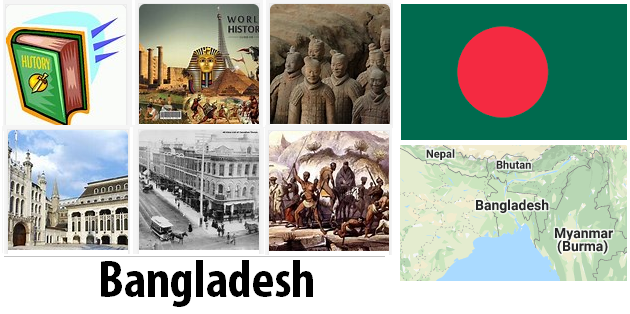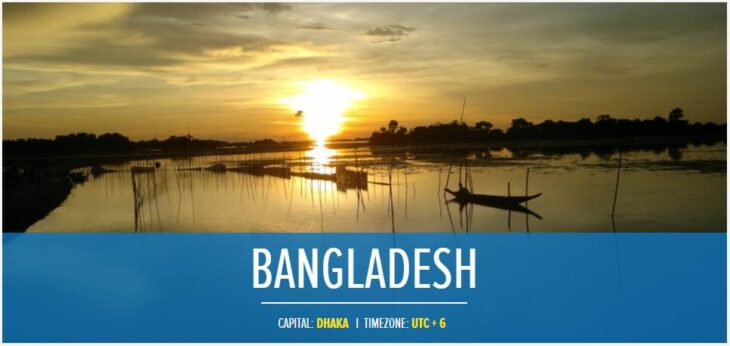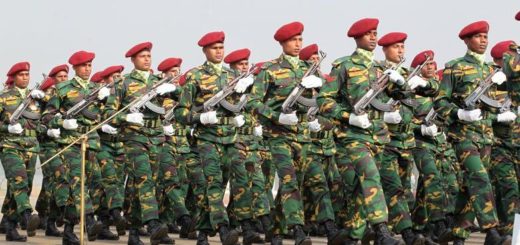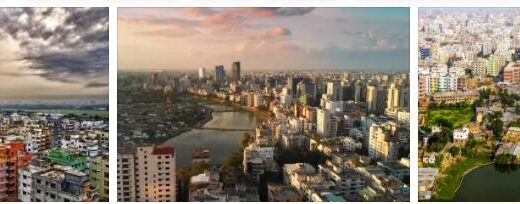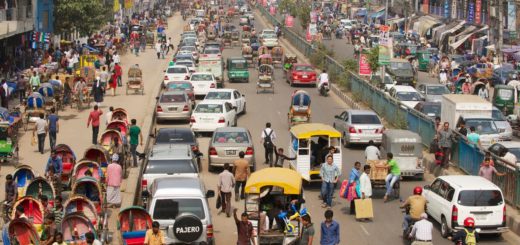Bangladesh Recent History
Officially recognized in 1974 the state of Bangladesh, due to the separatist movement of Bengal guerrillas, the new course of politics and national life was represented by nationalism, socialist democracy, economic and social justice.
The Bangla-desh National Party arose which won the elections in 1979, formed the government which immediately decreed the denationalization of industries and placed its greatest strength in the rural environment.
However, on May 30, 1981, a coup overthrew Ziaur, the president, who was killed and his deputy, Abdus Sattar, was appointed in his place. After about a year, a coup d’etat brought the Chief of Staff, General Hossain Muhammad Ershad to power.
According to Abbreviationfinder, an acronym site which also features history of Bangladesh, the government was military and this was supported by a referendum called in 1985. In May 1986 new elections were held which entrusted the majority relative to the ruling party. Other elections were held until those of 1988 were valid. The Constitution declared Islam a state religion.
During the Ershad regime, Bangladesh was subject to appalling floods which required grants from the World Development Bank. The cyclone of 30 April 1991 was tragic for the number of victims.
Economic aid was not long in coming and the United States was the one that contributed the most.
The political elections of February 1991 recorded yet another subversion of politics and were won by the National Party of Bangladesh, led by Mrs. Kaleda Zia who became Prime Minister. The new legislature was inaugurated immediately with an agreement between the National Party of Bangladesh and the Awami League, the largest opposition party. This agreement provided for the abolition of the direct election of the head of state and the restoration of the parliamentary system, which had been abandoned for years. And in fact in October 1991 Parliament elected President of the Republic, with a five-year term, Abdur Rahman Biswas. But there were also conflicts between the various parties, the policy of economic recovery was considered too drastic and finally, episodes of electoral fraud came to the surface, Ms. Kaleda Zia was asked to have the election repeated, which she refused. This provoked serious demonstrations of popular protest, then increased by the growth, for all the years 1993/94 of Islamic fundamentalism, directed above all to stop the emancipation of women and their education, especially those belonging to the lower social classes.
The 1996 elections, boycotted from many sides, were canceled and repeated and the results brought the Awami League to the government and Ms. Hasina Wajed was appointed Prime Minister while Shahabuddin Ahmed was President.
The government marched, despite a thousand contrasts, but what disturbed the performance of the country the most were the never dormant contrasts between the guerrillas of the Indian state of Tripura and the central government and after various attempts at peace agreements, between the 1997 and 1998, in February of this last year the guerrillas permanently laid down their weapons.
